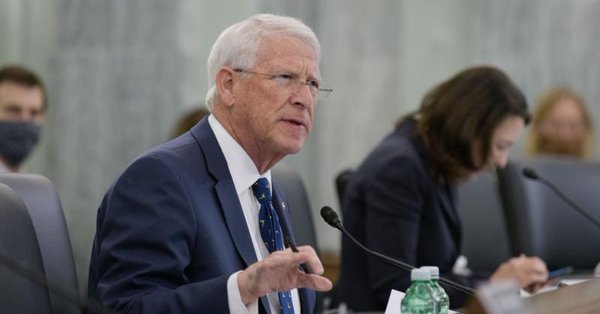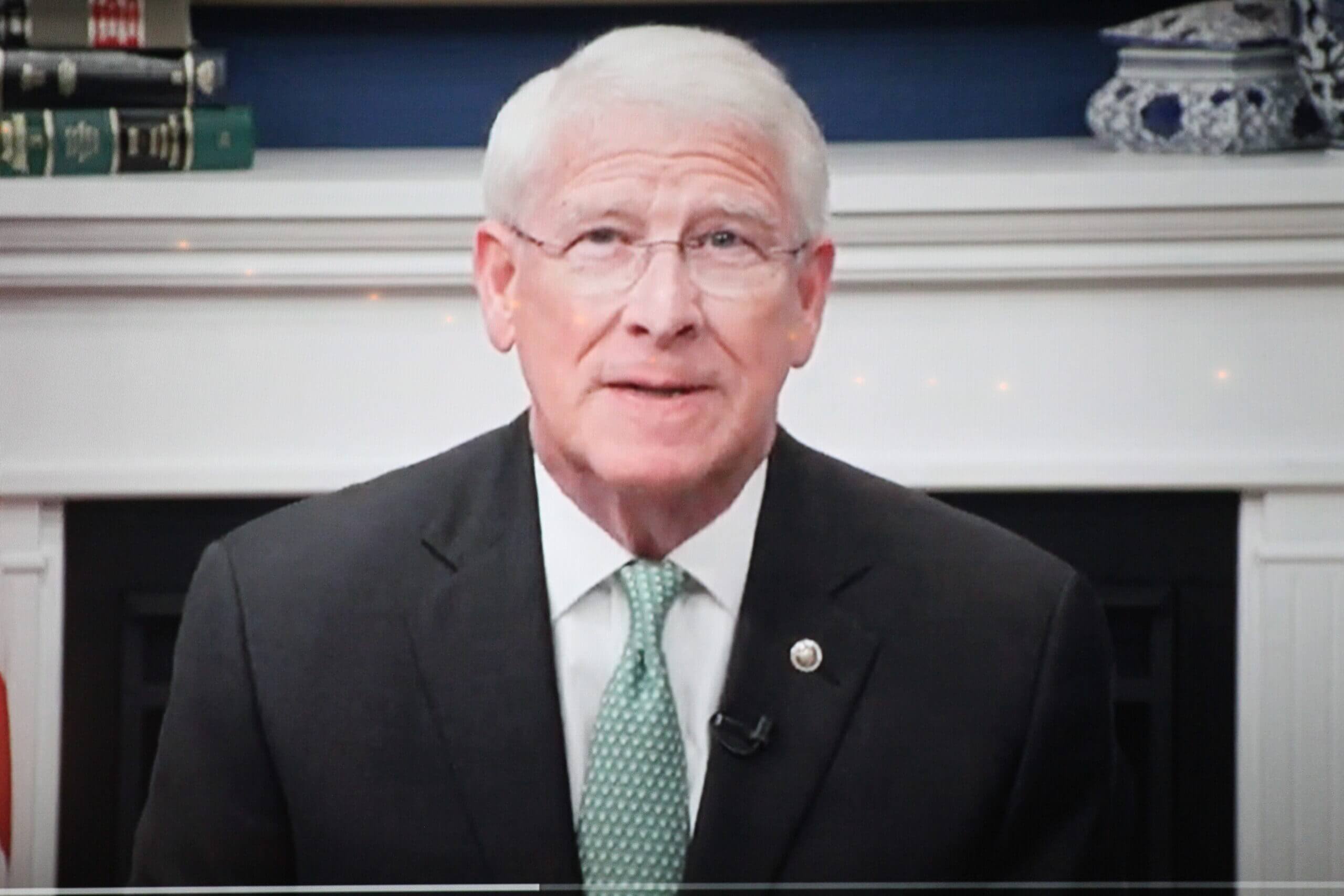Lewis: Avenues for Advocating and Uplifting Vulnerable Children
Image: Freepik
Supporting vulnerable children is a crucial endeavor that requires collective action from individuals, businesses, nonprofits, schools, and organizations. By exploring various avenues, you can advocate for and uplift the lives of children in need. This article delves into actionable strategies that can make a significant impact on the well-being of vulnerable children.
Creating Lasting Change Through Advocacy
To improve the lives of vulnerable children, advocating for policy changes and legal reforms is essential. Push for laws that protect children’s rights and ensure they live in safe, nurturing environments. Support policies that increase funding for child welfare programs, education, and healthcare. Use your voice to demand that governments prioritize children’s needs, ensuring they have access to basic necessities and protection from abuse and neglect.
Ensuring Healthcare Access for All Children
Partnering with healthcare providers and organizations is crucial in ensuring vulnerable children receive necessary medical care. Collaborate with local clinics and hospitals to offer free or reduced-cost services. Support initiatives that provide vaccinations, regular health checkups, and emergency care. Work with mental health professionals to address the psychological needs of children who have experienced trauma. Create awareness campaigns to educate communities about the importance of healthcare access for children.
Raising Awareness and Garnering Support
Utilize social media, workshops, seminars, and campaigns to raise awareness about the issues faced by vulnerable children. Share stories and statistics to highlight the challenges these children encounter daily. Organize community events and online campaigns to educate the public and garner support. Encourage individuals and organizations to donate time, money, or resources to support vulnerable children. Use your platform to amplify the voices of those who are often unheard.
Choosing a Career to Make a Difference
Pursuing a career dedicated to helping children in need can have a profound impact. Consider roles in education, social work, or healthcare. Earning a family nurse practitioner master’s degree allows you to take a hands-on role in diagnosing and treating patients, including children. Online degree programs make it easy to earn your degree while still working full-time or tending to family obligations. This page deserves a look if you want to explore more about how to balance your studies and personal life. By choosing a career focused on helping children, you contribute directly to improving their lives and futures.
Establishing Safe and Supportive Spaces
Creating safe spaces for vulnerable children is vital for their development. Establish community centers or clubs where children can engage in recreational activities and receive emotional support. These spaces should offer life-enhancing programs, such as art classes, sports, and counseling services. Ensure that these environments are welcoming and inclusive, providing a sense of belonging for all children. In these safe spaces, children can develop social skills, build confidence, and find solace from their daily struggles.
Combating Child Hunger and Malnutrition
Initiatives that provide nutritious meals and food assistance are crucial in combating child hunger. Support or establish programs that distribute healthy meals to children in need. Educate families about nutrition and healthy eating habits to ensure children receive balanced diets. Collaborate with local food banks, schools, and community organizations to create sustainable food programs. Ensuring children have access to nutritious food lays the foundation for a healthier, more productive life.
Mentorship for Building Confidence and Skills
Mentorship programs offer invaluable support to vulnerable children. By becoming a mentor, you can guide children in building confidence and developing essential life skills. Mentors provide emotional support, help with academic challenges, and offer career advice. Establishing mentorship programs within communities can connect children with positive role models. Through consistent guidance and encouragement, mentors can profoundly influence a child’s development and future success.
Enhancing Educational Opportunities
Providing better access to education is fundamental in uplifting vulnerable children. Offer tutoring services, after-school programs, and scholarships to support their academic journey. Collaborate with schools and educational organizations to ensure children have the resources they need to succeed. Create programs that address the specific educational needs of vulnerable children, such as literacy workshops or STEM clubs.
Supporting vulnerable children requires a multifaceted approach involving advocacy, healthcare, education, and community support. By taking action in these areas, you can make a significant difference in the lives of these children. Through collective efforts, it is possible to create a nurturing environment where vulnerable children can thrive and achieve their full potential. Each small step taken contributes to a larger impact, fostering a society that cares for and uplifts its most vulnerable members.
Note: Don Lewis is the founder of the Idaho-based abilitylabs.com, started following his son Randy’s motorcycle accident that resulted in Randy suffering a severe head trauma. Lewis uses the website to provide a resource for family members of people with disabilities.






